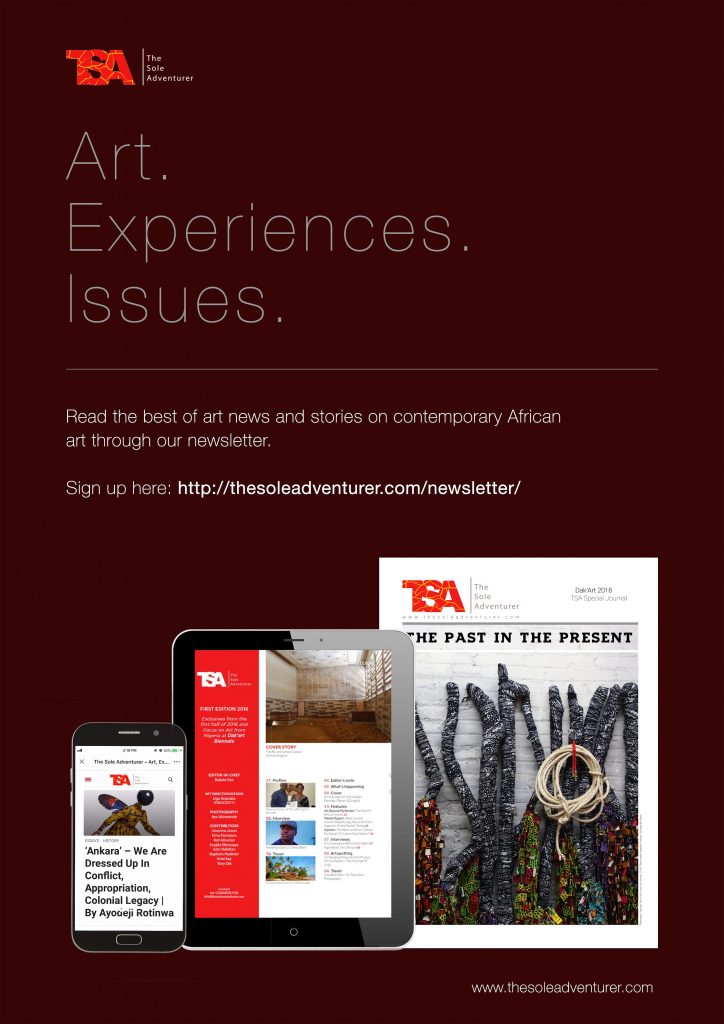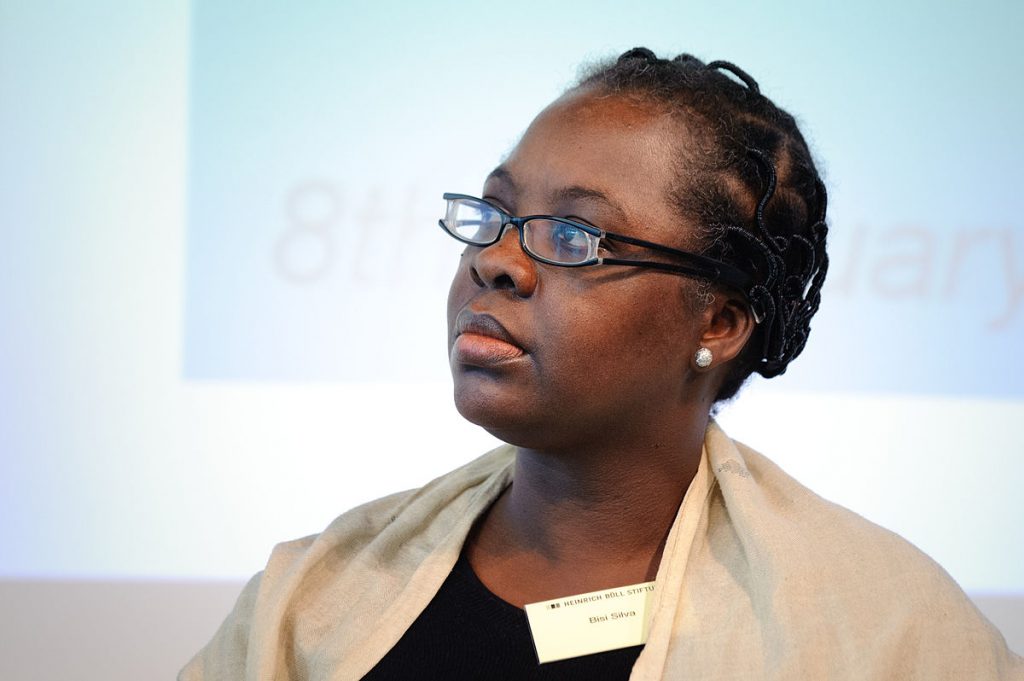Open Society Foundations, the organisation behind Soros Art Fellowship, has announced the recipients of this year’s art fellowship which includes 10 art practitioners as artists, curators, cultural organisers and researchers working at the intersection of migration, public space and the arts.

From Brazil, Botswana, Jamaica, Nigeria, Palestine, St. Croix, Syria, Tlingít Aaní, the United States, and their respective diasporas, the fellows selected will each receive an $80,000 stipend to realise an ambitious project over the next 18 months. These fellows are Olu Oguibe, Meloko Mokgosi, Rachèle Magloire, Basel Abbas and Ruanne Abou-Rahme, Abdullah Alkafri, Deborah Anzinger, Nicholas Galanin, Paloma McGregor, and Tiago Sant’Ana.
“We are honoured to support this extraordinary group of artists and cultural producers, whose work explores the realities of migration, diaspora, and indigeneity from a range of perspectives,” said Rashida Bumbray, director of the Open Society Culture and Art program. “The COVID-19 pandemic and the current global reckoning with systemic injustice magnifies inequities in our societies that marginalised communities have faced for generations. That’s why the work of our fellows is so urgent, as they work on the frontlines of culture to advance self-determined narratives and inspire collective change.”
Running for the third year, the Soros Arts Fellowship builds on the Culture and Art program’s focus on the aesthetic, political, and capacity needs of arts leaders, individual artists, and cultural activists.
Working in diverse forms and global contexts, fellows will pursue projects of their own design. These include collaboration between performing artists and social activists to document an alternative history of Syrian migration; sustainable sculptures in Jamaica’s Cockpit Country, an area of historic Maroon resistance now threatened by environmentally destructive policies; and performances exploring connections in Brazil between colonisation, slavery, and the sugar cane trade and today’s struggles for racial justice.




